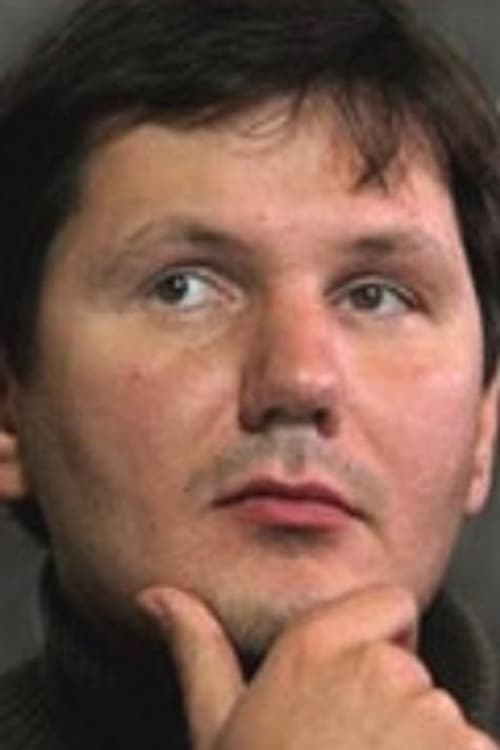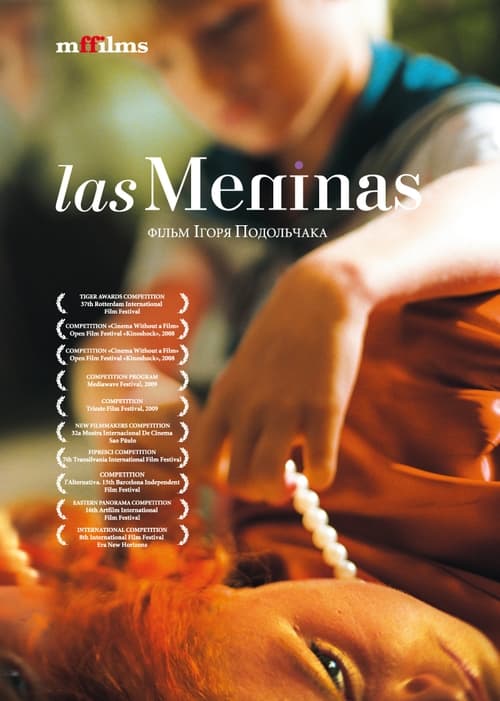
Las Meninas (2008)
Look where you dare not, and find yourself staring back.
ジャンル : ドラマ
上映時間 : 1時間 39分
演出 : Ihor Podolchak, Dean Karr
脚本 : Ihor Podolchak
シノプシス
This film is about what the routine of everyday life can do to the human mind and psyche. It also reflects on the importance of the choices we make and how limited these choices are in the first place. The plot evolves around a family of four. They live in the suburbs, in a strange villa that appears, through a complex game of mirrors, to be more like a piece of installation art than a real house. The main character, who hardly appears on screen, is the son, a man in his thirties. Suffering from asthma and eczema since childhood, he uses his condition to manipulate his parents and his sister. Thus the existence of the terrorized family turns into an endless ritual of attempting to satisfy his whims, and always on the alert for yet another one of his “health crises”. Las Meninas resembles the scattered pieces of a puzzle. It is up to the viewer to assemble them in order to form his very own picture – something that makes the film itself personal and unique.
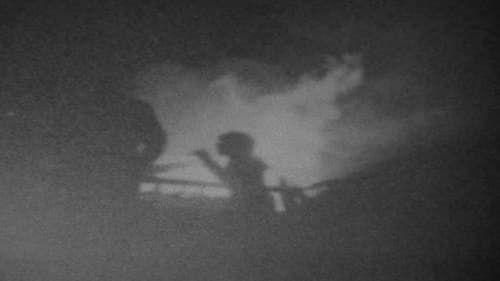
A family's place in the wilderness, outside of time; free-range animals and children, junk and nature, all within the most sublime landscape. The work aims at an idea of freedom, which is reflected in the hand-processed Scope format, but is undercut with a sense of foreboding. There's no particular story; beginning, middle or end, just fragments of lives lived, rituals performed.

A 1988 documentary film directed by Alexander Sokurov, about the later life and death of Soviet Russian filmmaker Andrei Tarkovsky. The film was originally intended to mark the 50th birthday of Tarkovsky in 1982, which would have been before his death. Controversy with Soviet authorities about the film's style and content led to significant delays in the production.

A parable centering on an old man who lives a secluded life in the desert, alone with only his memories and photographs. His wellspring, once a source of joy and hope for thirsty passersby, is now rarely used. No longer able to find comfort in his memories, he turns all his photographs to face the walls.

A woman is paid a surprise visit by her long-forgotten classmate, who needs her advice: should he choose a wife or a lover? An outrageously burlesque mise-en-scène is repeated many times but each time in a different place and performed by new actors. Why?

Debord’s eighteen-minute Critique of Separation directs its experimental attentions to “the documentary.” Debord draws from a catalogue of newsreel footage and book covers, rephotographed photographs, views of Paris and its neighborhoods, and a catalogue of disabused, seemingly offhand footage of him and his friends in the porous zone comprising the cafe and the street.

Dziga Vertov-directed Soviet newsreel made to commemorate the first anniversary of the death of Vladimir Ilich Lenin (21st January 1924 - 1925) drawn from 'The Final Journey', a Pravda feuilleton written on the occasion of Lenin's funeral by the man who had introduced Vertov to cinema, Mikhail Koltsov. Contains: First anniversary of Lenin's death: 1. Assassination attempt on Lenin and Soviet Russia's progress under his leadership / 2. Lenin's illness, death and funeral / 3. The year after Lenin's death

A documentary tracing the career of filmmaker François Truffaut through the testimony of collaborators and admirers.

Trudging through the snow in his hometown, Felix sees a billboard advertising sunny Egypt, and says that he'd give four of his nine lives to be there rather than freezing in the snow. He then hears crying coming from his friend Abdul's carpet shop, and it turns out that Abdul's girlfriend has been kidnapped by an Egyptian sheik. Felix promises to rescue her, and hops on a magic carpet Abdul has lying around the shop, says the magic word and flies off to Egypt to keep his promise.
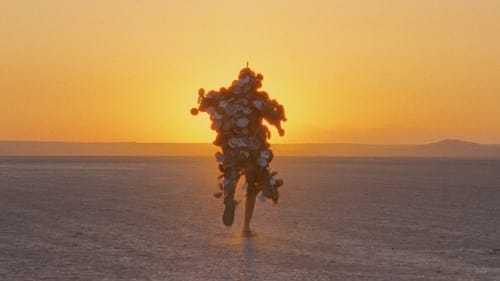
Shooting against the staggering beauty of the Moroccan landscape, from the rugged terrain of the Atlas Mountains to the stark and surreal emptiness of the desert, with its encroaching sands and abandoned film sets, a director abandons his own film set and descends into a hallucinatory, perilous adventure of cruelty, madness and malevolence. A Paul Bowles story combined with observational footage forms a multi-layered excavation into the illusion of cinema itself.

About the Chinese drivers who transport coal from the coal fields to the buyers.

In 1955, Albert Maysles traveled by motorcycle throughout Russia. During this trip, he shot what was to become his first film, 'Psychiatry in Russia', an unprecedented view into Soviet mental healthcare. Originally televised by the David Garroway Show on NBC-TV in 1956.

A blind man who recovers his sight after an operation finds his life in chaos when he is rejected by the community to which he once belonged.

A deadpan, picaresque buddy comedy about two old friends through a series of urban adventures, loosely connected by the skull of an executed French aristocrat. Winter Song is a typically irreverent Iosselianian jaunt through a classy Paris apartment block contemplating the past, present and future.

A stunning study of real-time light changing from day to night which was filmed in a forest high up in California’s Sierra Nevada Mountains

About an aspiring author who wakes up from a 27-year coma as one of his country's finest authors, credited for a book he didn't write.

Director Theodore Ushev uses his own blood to animate struggles with injustice in the world.
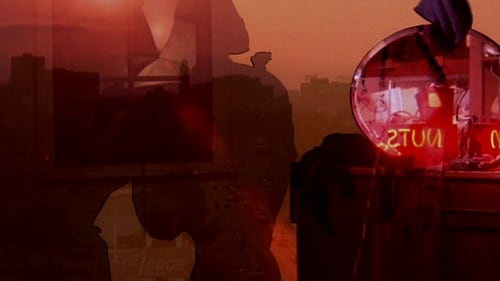
Pat O'Neill, one of the most interesting filmmakers in America today, offers a dazzling reflection on the conflict between nature and man in Los Angeles, or the desertification of the city's surroundings due to its enormous water consumption. More interestingly, it is also a film in the age-old tradition of city symphonies: a film about LA's foundation myths and the dreams it embodies, about its history and (grim) future, its topography and ethnography. O'Neill uses footage from several classic films to recreate the several layers of meaning emanating from the city, juxtaposing images and fantasies and hardly ever allowing one picture to go untouched. George Lockwood's swarming soundtrack is likewise composed of conflicting languages, an elaborate work of plunderphonics in which snippets of sound stolen from movies collide with electronic soundscapes, contemporary chamber music, improv, and what not.

A rich woman accidently comes across a conversation on the phone about people talking about a murder.

Short propaganda film. Warsaw's post-war reconstruction as seen through the eyes of the passengers of a red bus.

"Blushing Charlie" - Truckdriver and bachelor Charlie meets homeless and seven months pregnant Pia. They both dream of finding someone to share their lives with. Charlie then faces a dilemma whether to take part in a demonstration in favor of Cuba, and in addition with his employer's truck.



